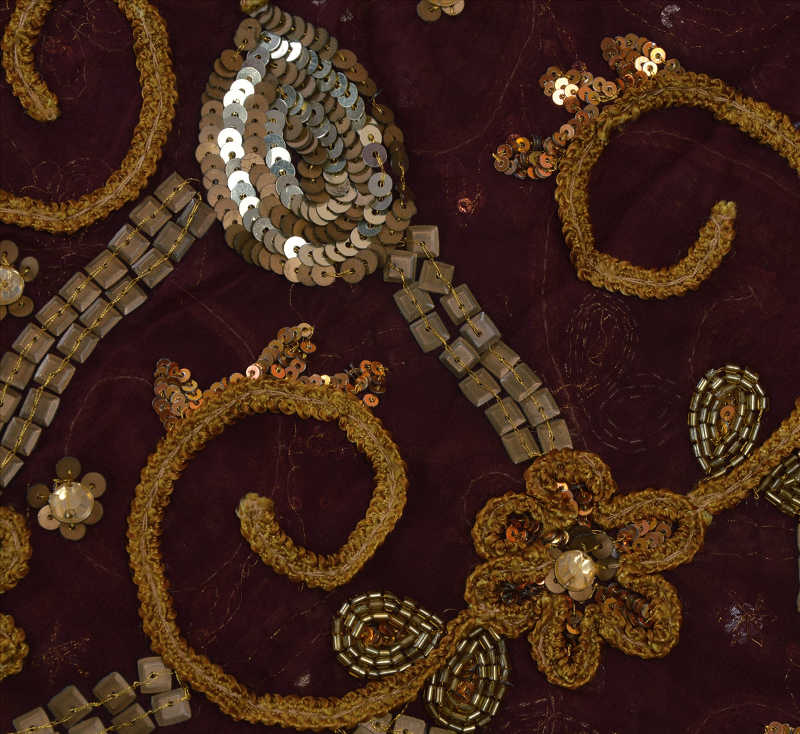===
0693,
7
===

=== |
 |
kām un hoñṭoñ se vuh le jo koʾī ham sā ho
dekhte dekhte hī āñkhoñ meñ ghar ham ne kiyā
1a) let her {use / 'take work from'} those lips, if there would be someone like us--
1b) let him take his desire from those lips, whoever would be like us--
2) only/emphatically while looking/gazing, we made a home in the eyes
FWP:
SETS == SUBJECT?
MOTIFS == EYES; GAZE; HOME
NAMES
TERMSTo 'make a home in her eyes' is like becoming 'the apple of her eye'. Part of the pleasure of the verse is the suggestion that the road to the beloved's lips (source of words and/or kisses) goes not from the lover's lips to the beloved's ears, by means of speech-- but 'only/emphatically' through immediate eye contact [dekhte dekhte hī].
And just as the subject can go two ways in the first line (the beloved, or an aspiring lover), the gazing can go two ways in the second line ('while she gazed at me'; or 'while I gazed at her'). We can be sure that she is gazing back, because otherwise the speaker could not report himself to be 'the apple of her eye' (through having 'made a home in her eyes').
For more on the excellent multivalence of kām , see {7,1}.
Mahmood Piracha points out (May 2023) that a good verse for comparison is {74,1}.